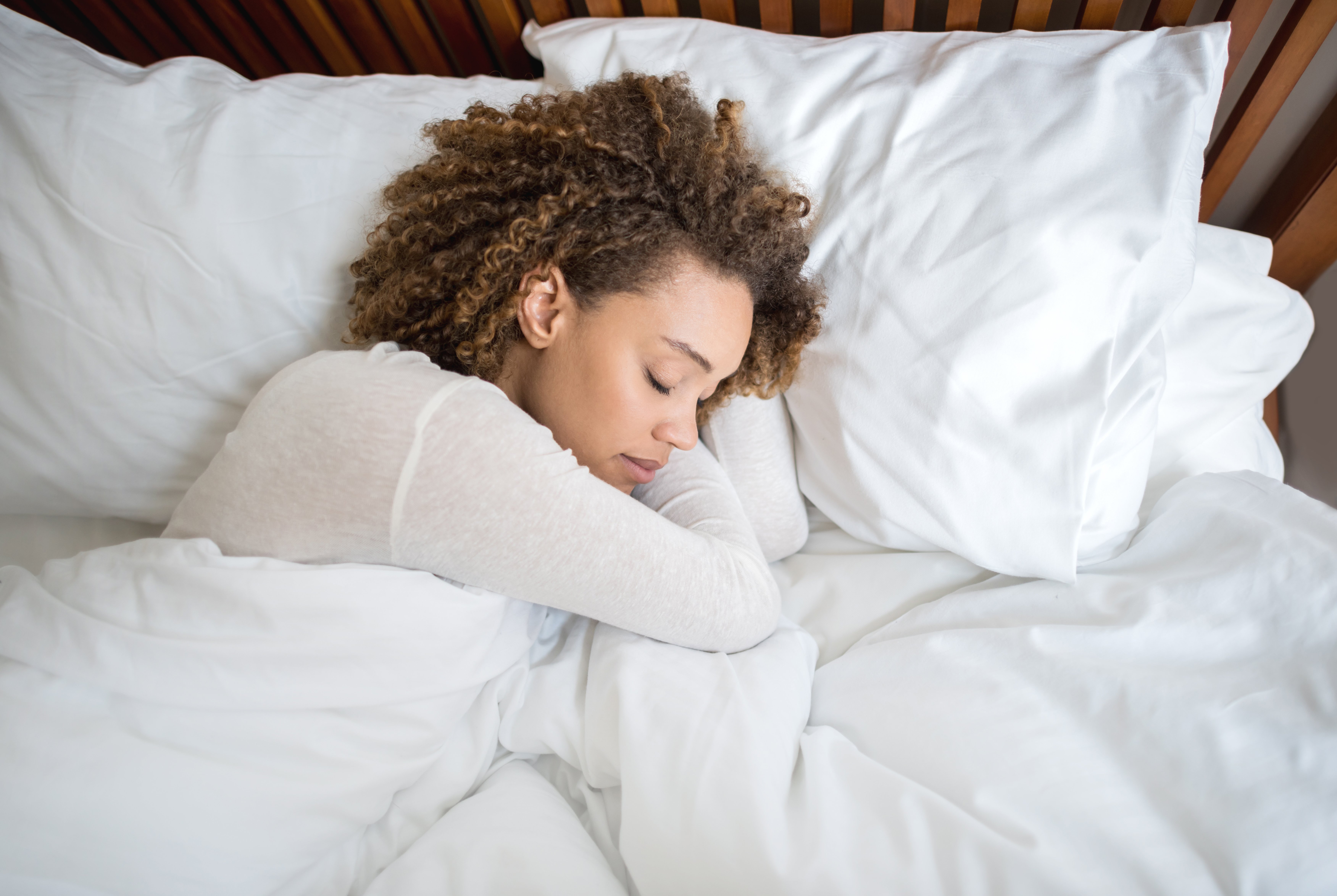About one in three adults don't get enough sleep. In some cases, this is due to having too busy a life, young kids, etc. In other cases, people find it difficult to fall asleep and stay asleep or have insufficient sleep quality.
Causes range from stress to poor sleeping habits to having the wrong mattress to sleep apnea. Lack of sleep can cause cognitive issues, daytime fatigue, and contribute to hypertension, heart issues, depression, etc.
One of the first things a doctor might talk about if you are unable to get enough sleep is a sleep study.
What is a Sleep Study?
A sleep study is a series of tests that are done to measure your brain activity, eye movement, and muscle movement while you sleep. It may also include video recordings.
Typically, sleep studies are done in a sleep lab, where you spend the night (or day in the case of shift workers) in a comfortable room under observation. At-home sleep tests are recommended only for sleep apnea, as they can't measure sleep stage and duration. The technician will attach various sensors and monitors that will help them keep track of your sleep stage, duration, and other measures such as sleep latency (a fancy term for how long it takes you to fall asleep).
Who Should Get a Sleep Study?
Sleep studies are generally recommended for people experiencing the following:
- Excessive and extremely loud snoring, often reported by a partner. This is a symptom of sleep apnea
- Daytime sleepiness or fatigue
- Reported insomnia or inability to sleep
- Narcolepsy
- Restless leg syndrome
- Sleepwalking or talking, or other unusual behaviors during sleep
- Sleep terrors (extreme and constant nightmares)
- REM sleep behavior disorder, which is where you act out your dreams
A sleep study can help with the diagnosis of several conditions, with the most common being insomnia and sleep apnea. A sleep study is not recommended for circadian rhythm disorders, which can often be diagnosed just from reported issues with sleep and wake cycles.
How Should You Prepare For a Sleep Study?
It's perfectly reasonable to be nervous about a sleep study. Sometimes studies have to be repeated because you got so worried about not falling asleep at the lab that you didn't fall asleep at the lab. It's important to properly prepare for the study.
Here are some tips:
- Wake up a little early the day before the study and avoid naps.
- Avoid caffeine for several days before the study so that sleep latency caused by caffeine doesn't muddy the diagnosis. Otherwise, stick to your usual routine, including alcohol consumption (but always check).
- Make sure they know about all medications and supplements you are taking. They may ask you to discontinue some medicines and supplements for a couple of days.
- Take a book with you to the lab. Don't take any electronic devices other than your phone, and turn off your phone when you settle in. Alternatively, put calming music on your phone.
- Tell them what your normal bedtime is. Going to bed earlier is very likely to interfere with sleep.
- Do not apply lotion, hair spray, oils, gels, etc the day of the study. These can cause the sensors to be loose.
- Pack an overnight bag containing comfortable pajamas, a change of clothes, etc. It is perfectly acceptable to bring your own pillow, which can lessen the "strange bed" sensation by a lot.
When Will You Get Your Results?
If sleep apnea is detected, the technician may fit you with a CPAP mask and have you try it during the study. However, the lab will not make a diagnosis. Instead, they will send the raw data to a board-certified sleep specialist.
Your doctor will then discuss with you your diagnosis and ways you can improve your sleep and, thus, your life. This might include medication, a CPAP machine, therapy, etc. If you have more questions about your sleep health, contact us today.

 What is a Sleep Study and Why You Might Need One?"
class="bg-img"
fetchpriority="high"
loading="eager"
decoding="async">
What is a Sleep Study and Why You Might Need One?"
class="bg-img"
fetchpriority="high"
loading="eager"
decoding="async">
